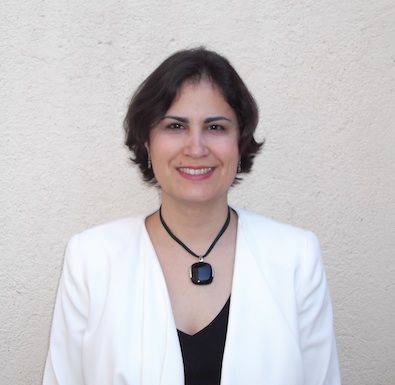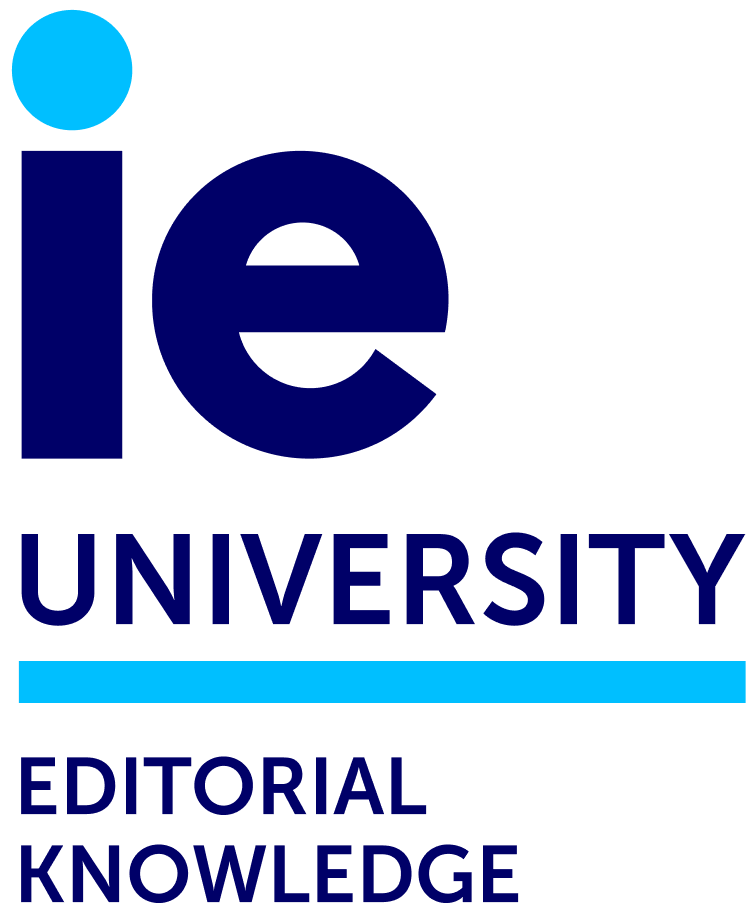Metodologías Activas En Las Aulas De Ciencia Política y relaciones Internacionales
Description
Active methodologies in political science and international relations classrooms. Simulations of political processes in international and national organizations is a volume dedicated to understanding active learning processes through its most popular instrument, simulations. The volume has been conceived with a clear didactic vocation aimed at the training of teachers in Social Sciences. The work consists of eight chapters where the reader is taught how to properly design, implement and measure the effectiveness of simulations carried out in class. So that the reader can verify the experience in practice, six examples of simulation exercises carried out in the classroom are offered. The work covers both simulations based on political entities that exist in reality, as well as exercises in fictional institutions. Depending on the learning objectives, the teacher can choose the most appropriate model for his or her class. Likewise, the work investigates the controversial question of the value that simulations have as an effective methodology for learning content and offers indications to get the most out of their application in study plans.

Lucía Ferreiro holds a PhD in International Relations (2011) from Rey Juan Carlos University, where she also received an Advanced Studies Diploma in Prevention and Analysis of Terrorism (2008). Her research emphasizes culture in International Relations, political participation of Muslims in Spain and EU democracy promotion in Tunisia. In 2014, Dykinson published Spanish and Moroccans living together. The impact of migrations in intercultural relations (in Spanish) based on her dissertation. During 2014, Professor Ferreiro, conducted a research on EU democracy promotion in Tunisia being a visiting scholar in several universities and research centers: SOAS (London), CEMAT (Tunisia) and a Carnegie visiting scholar at Northeastern University (Boston). The results are to be published in Mediterranean Politics (forthcoming). Currently, her research is focused on Muslim political participation in Spain through a research project funded by the Spanish Ministry of Education at the Universidad Autónoma de Madrid.
In addition to her academic experience in the IR field, she works as an international electoral observer for OSCE and OAS. She has been a short term observer for OSCE in Albania (2017), Kazakhstan (2015), Montenegro (2009), Kyrgyzstan (2007) and for OAS in the Dominican Republic (2010) and Colombia (2011).
On September 2015, Professor Ferreiro started Cum Laude School, a company that provides university-level courses to high achieving high-school students.


